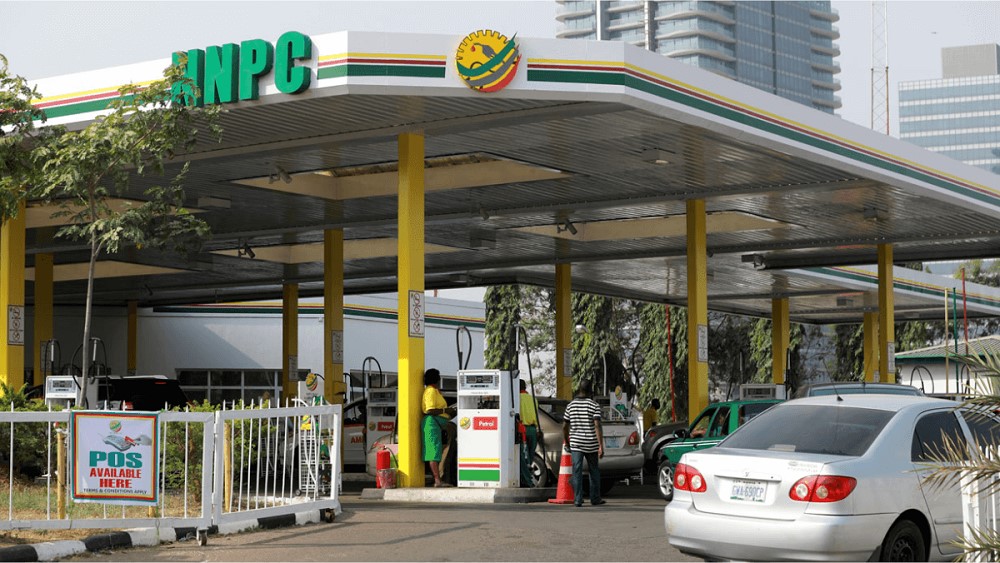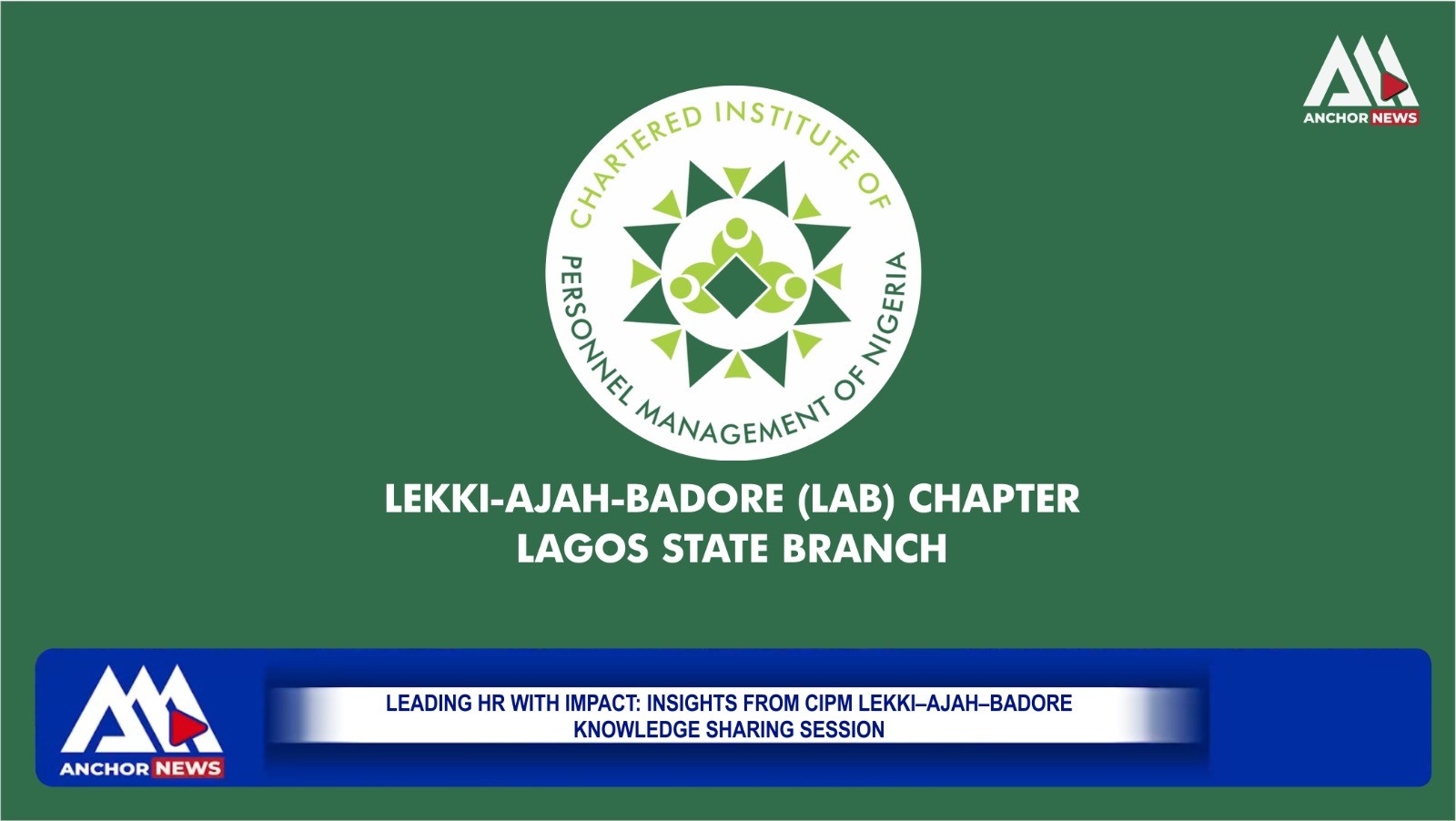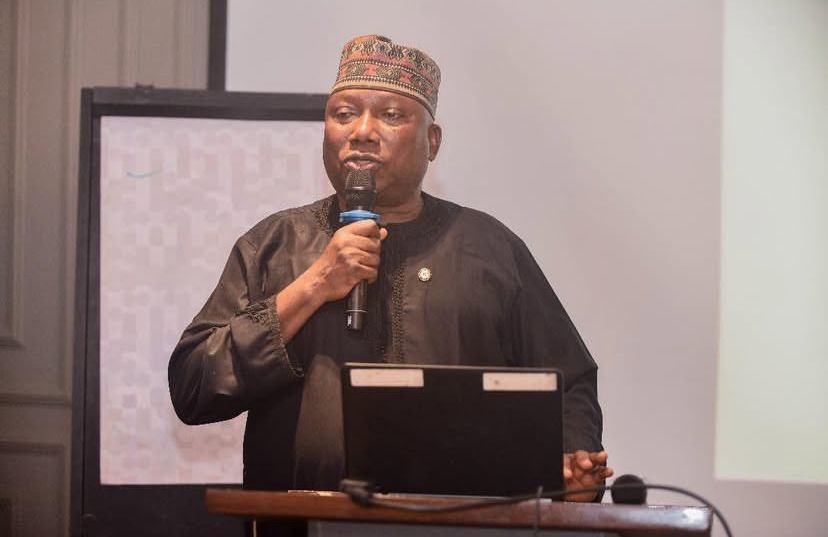
The news landed like an oil price shock: a major labour dispute recently brewed between one of Nigeria’s largest industrial conglomerates, Dangote Industries Limited, and the influential union, the Petroleum and Natural Gas Senior Staff Association of Nigeria (PENGASSAN).
This clash, centred on hundreds of workers facing redundancy due to corporate restructuring, serves as a stark reminder of the fragile balance between corporate cost-cutting and worker security in Nigeria’s volatile labour market.
It begs a crucial question for every Nigerian business leader and employee: when the job is on the line, where do our legal protections truly stand, and what tools are available to prevent industrial war?
To understand the mechanics of these high-stakes conflicts, Anchor News Online spoke to Jamiu Akolade, a commercial lawyer with deep experience in oil and gas and employment law, who offers a clear perspective: the true battle for industrial peace is often won not in a courtroom, but at a mediation table.
Alternative Dispute Resolution: The Statutory Lifeline
Akolade stressed that alternative dispute resolution (ADR) is highly encouraged because employment disputes are “very amenable” to the process.
He explained that labour and employment disputes are divided into two distinct types. The first type covers industrial disputes, which involve unions such as PENGASSAN fighting Dangote, and has a statutory resolution mechanism. ADR is already embedded in the law, which specifies a mandatory initial process.
“The law says you must first try to resolve that dispute by negotiation, conciliation, and industrial arbitration. It is only when all fails that you can then go to court,” Akolade said.
The Federal Ministry of Labour has a statutory, active role in bringing disputing parties together, an intervention that often proves successful.
“ADR works because many strikes are aborted, andstrikes that have already been embarked upon are called off based on that intervention,” he added.
Beyond the headline-grabbing union fights, mediation is an equally effective tool for resolving individual disputes — where a worker who has been terminated or has an issue with their employer seeks recourse. Mediation provides a swift, cost-effective, and private off-ramp from the slow and publicly damaging process of traditional litigation.
The lawyer pointed out the key benefit of settling privately: “It’s always very helpful because bringing parties together to resolve disputes privately helps people avoid the lengthy, financially consuming, and public nature of litigation.”
By facilitating dialogue, mediation helps the employer and employee reach a mutually acceptable settlement. This can be a crucial advantage in cases where a speedy resolution is often vital for the worker’s financial well-being.
Redundancy: A Core Issue in the Oil and Gas Sector
Drawing on his experience in the oil and gas sector, Akolade highlighted that redundancy is a perennial and “very rampant” issue, often triggered by economic restructuring, global market volatility like divestments, or financial difficulties requiring a company to reduce its workforce. While the law acknowledges that layoffs may be “unavoidable”, it dictates strict rules to protect workers.
When a company plans a mass layoff (redundancy), Akolade outlined three key requirements according to the law:
“Workers that are more recent are considered first in selecting those that will go. But of course, that also has its own exceptions,” Akolade said. He noted that usually, the company is first asked to consider other options rather than a layoff, such as pay reduction or another structure that allows workers to keep their jobs.
This legal framework is what enabled PENGASSAN to challenge Dangote’s initial layoff decision, ultimately leading to the redeployment of 800 staff to other arms of the Dangote Group. This demonstrates how union activism, supported by legal provisions, offers workers a degree of protection.
However, the rapid growth of atypical work arrangements in the oil and gas industry, including contract labour, casualisation of workers, and outsourcing, leaves many workers in the industry acutely vulnerable. While not unique to the sector, these arrangements often exist in a legal grey area, eroding the stability a full-time, unionised role offers.
The Regulatory Gap: Who Protects the Workers?
Akolade is clear that as the industry evolves, the law must catch up. While unions fight valiantly, the ultimate responsibility for creating a safe legal framework restswith the government.
“All these complex issues would be best suited for legislative intervention,” he noted.
He stressed that the regulators, including the Ministry of Labour, Ministry of Petroleum, and Petroleum Directorate, all need to constantly review the environment and come up with regulations that protect both workers and the interests of the businesses too.
In the absence of frequent and specific legislative updates, the Nigerian labour market remains susceptible to the forces of cost-cutting and divestment. This leaves contract workers with limited legal protections more vulnerable to abrupt market changes, as well as the current trends of layoffs and restructuring.










